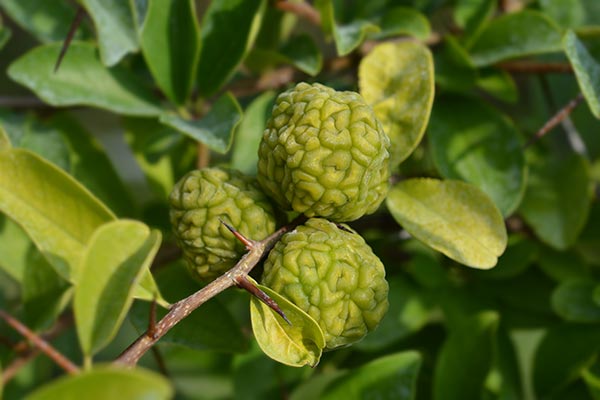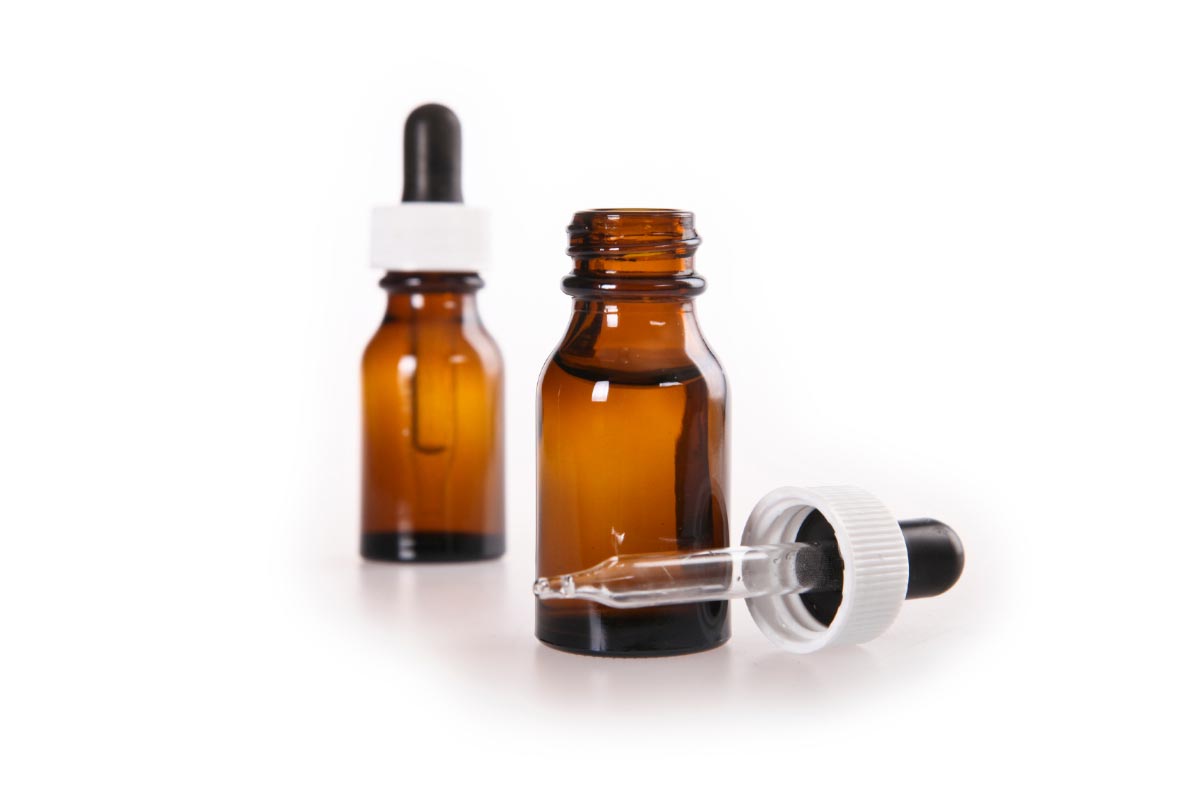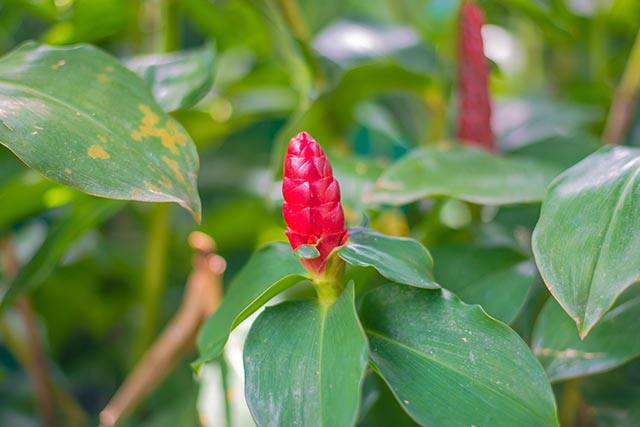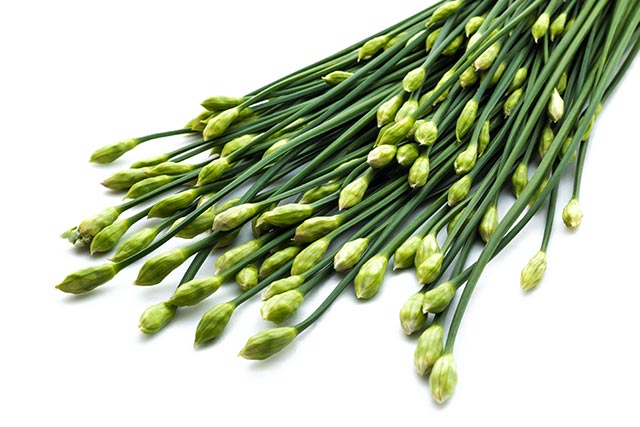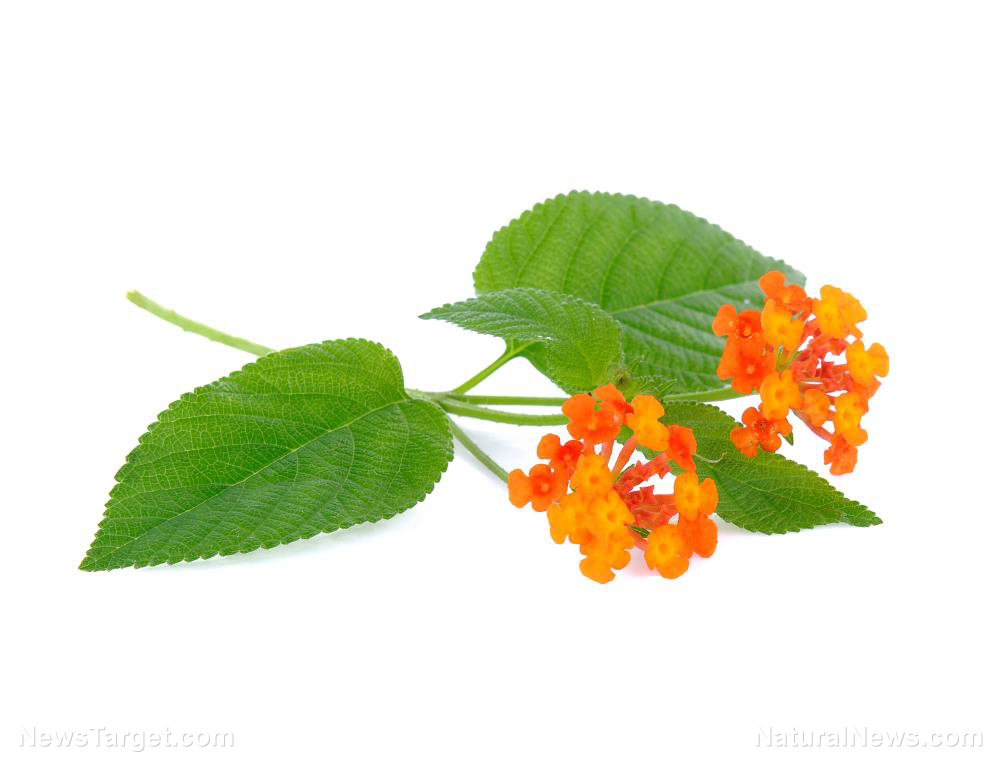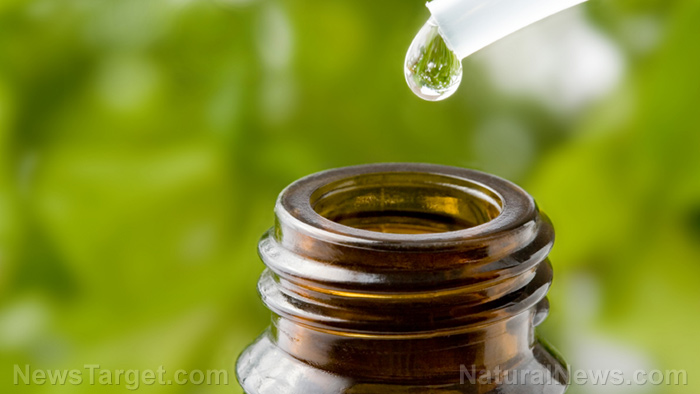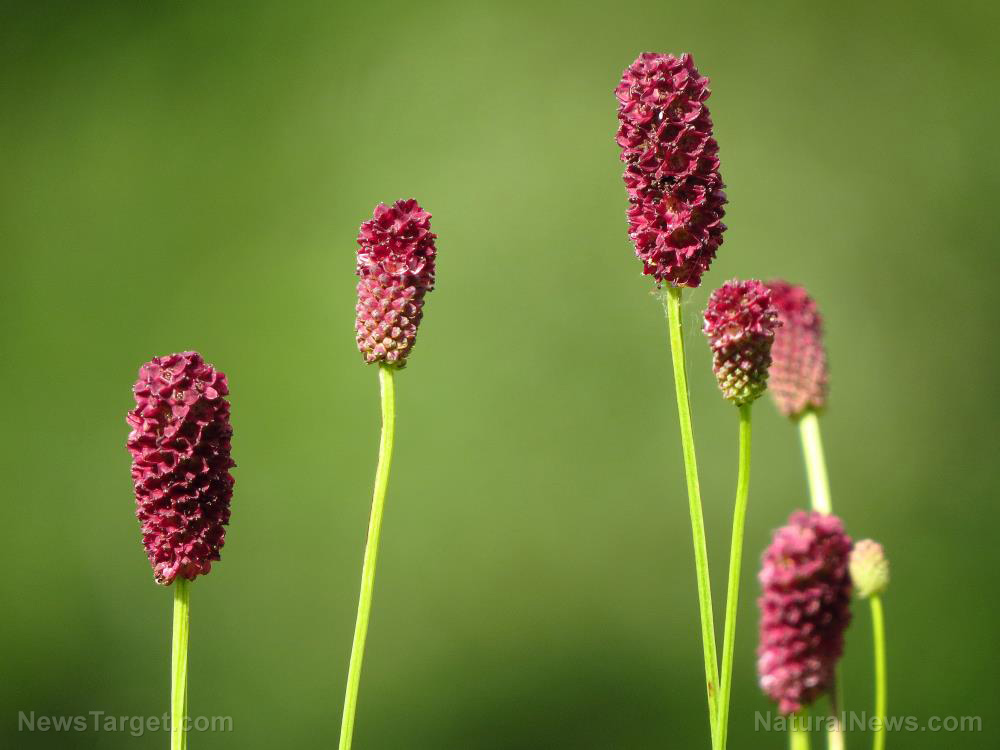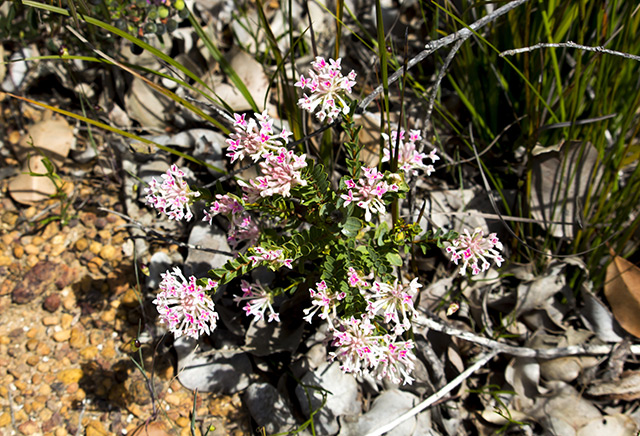Hope for recovering meth addicts? A traditional Chinese medicine shown to reduce drug-induced damage to dopamine production
09/26/2018 / By Rhonda Johansson

Methamphetamine, more commonly known as meth, is a stimulant drug that can be snorted up the nose or mixed with liquid and injected into the body with a needle. Like cocaine, it is highly addictive and induces powerful feelings of euphoria. The “high” that comes from meth is both intoxicating and fast: People often have to take repeated doses to achieve a consistent, happy effect.
However, even a small amount of methamphetamine can dramatically change brain function. Data prove that as with other stimulants, meth increases the amount of dopamine in the brain. The drug’s ability to rapidly release high levels of this neurotransmitter strongly reinforces an addictive behavior.
Repeated and consistent use of meth increases the risk of methamphetamine-induced dopamine neurotoxicity, a condition wherein the brain cannot properly produce dopamine. An imbalance in dopamine activity, in turn, raises the likelihood of brain dysfunction and diseases, such as Parkinson’s and schizophrenia.
This does not bode well for recovering meth addicts who often have to deal with a slew of adverse withdrawal effects. In the interest of helping those exposed to this harmful drug, a team of researchers evaluated the efficacy of a popular traditional Chinese medicine in alleviating symptoms of dopamine neurotoxicity.
Jitai is a commercial medicinal preparation comprised of 13 different herbs known for their therapeutic effects on mental health. These herbs are:
- Aquilaria (Thymelaeaceaceae)
- Aucklandia (Asteraceae)
- Cinnamomum (Lauraceae)
- Corydalis (Papaveraceae)
- Datura metel (Solanaceae)
- Female ginseng or Angelica sinensis (Apiaceae)
- Ginger (Zingiberaceae)
- Panax ginseng (Araliaceae)
- Myristica cagayanensis (Myristicaceae)
- Pearl powder
- Red sage or Salvia miltiorrhizae (Lamiaceae)
- Semen Persicae (a Chinese herbal drug called Tao Ren)
- Wolf’s bane, genus Aconitum (Ranunculaceae)
For the purposes of this study, male Wistar rats were randomly divided into the following groups: control, methamphetamine, Jitai pre-treatment group (0.087 g/kg), and three Jitai post-treatment groups with low (0.029 g/kg), medium (0.087 g/kg), and high (0.290 g/kg) doses.
All groups were administered with 15 mg/kg of methamphetamine via intraperitoneal injections twice daily at four-hour intervals for two days. Whereas the control group was given a 0.9 percent NaCl solution, the Jitai pre-treatment group was given 0.087 g/kg through oral gavage for seven days before the meth injections.
The rats in the Jitai post-treatment groups were administered with Jitai once daily at doses of 0.029, 0.087, and 0.290 g/kg for 10 days.
The results were encouraging. Rats that were pre-treated with Jitai were able to avoid any behavioral and neural changes associated with dopamine neurotoxicity. Rats in the post-treatment group, on the other hand, had a significantly reduced number of injuries to their dopamine receptors.
This study is the first of its kind to evaluate the potential of Jitai in treating methamphetamine-induced dopamine neurotoxicity.
The results of this research were published in BMC Complementary and Alternative Medicine.
More on meth
Methamphetamine is classified as a Schedule II drug. In its pure form, it is an odorless, clear crystal. Any variations in color or smell are caused by impurities made through the “cooking” process and by the household products used to make it. The illicit production of meth involves a variety of dangerous chemicals including sulfuric acid, anhydrous ammonia, and sodium metal. Supposedly, meth can cause the brain to release twelve times more dopamine than either food or sex.
Meth addiction is considered to be the fastest growing drug trend in America. (Related: War on Drugs targets natural medicine sources while meth epidemic worsens in the U.S.)
Find more natural ways to battle drug addiction at ChineseMedicine.news.
Sources include:
Tagged Under: alternative medicine, Chinese medicine, dopamine neurotoxicity, drug addiction, Jitai, mental health, meth, methamphetamine, natural cures, natural medicine, traditional Chinese medicine
RECENT NEWS & ARTICLES
Herbs.News is a fact-based public education website published by Herbs News Features, LLC.
All content copyright © 2018 by Herbs News Features, LLC.
Contact Us with Tips or Corrections
All trademarks, registered trademarks and servicemarks mentioned on this site are the property of their respective owners.


